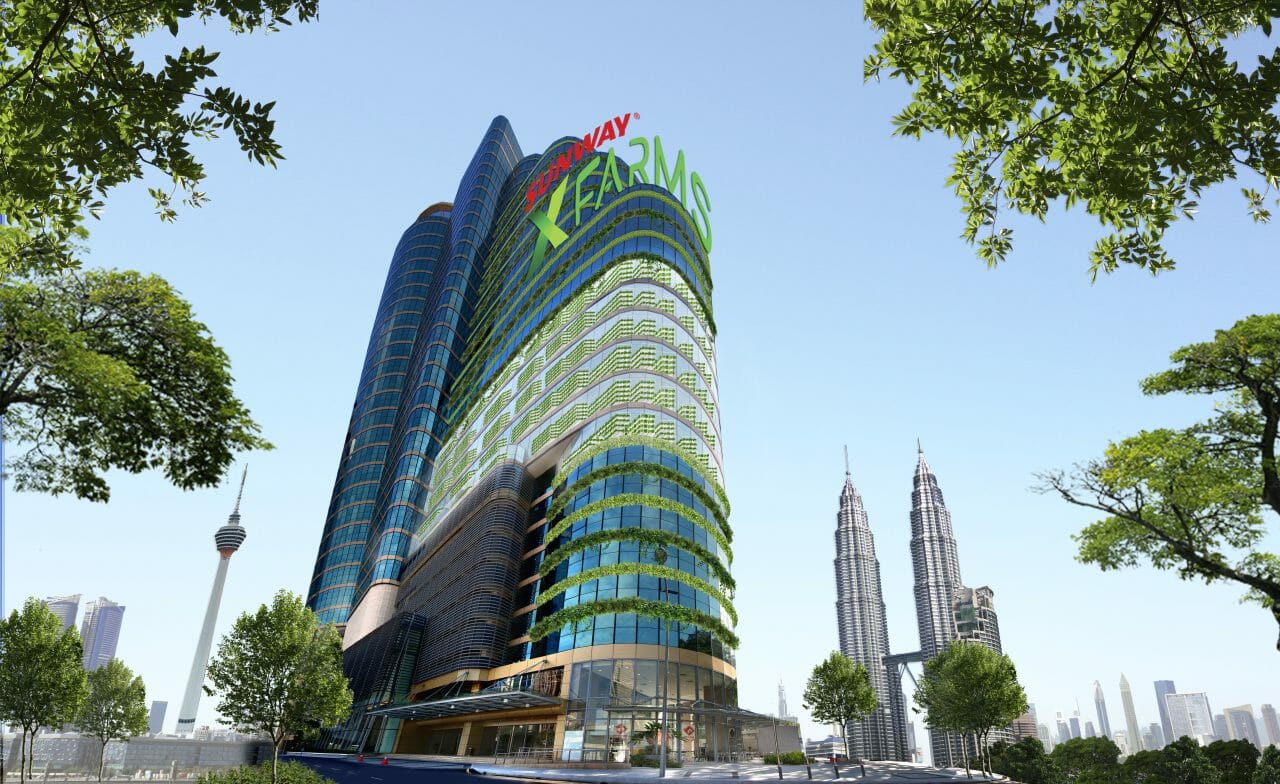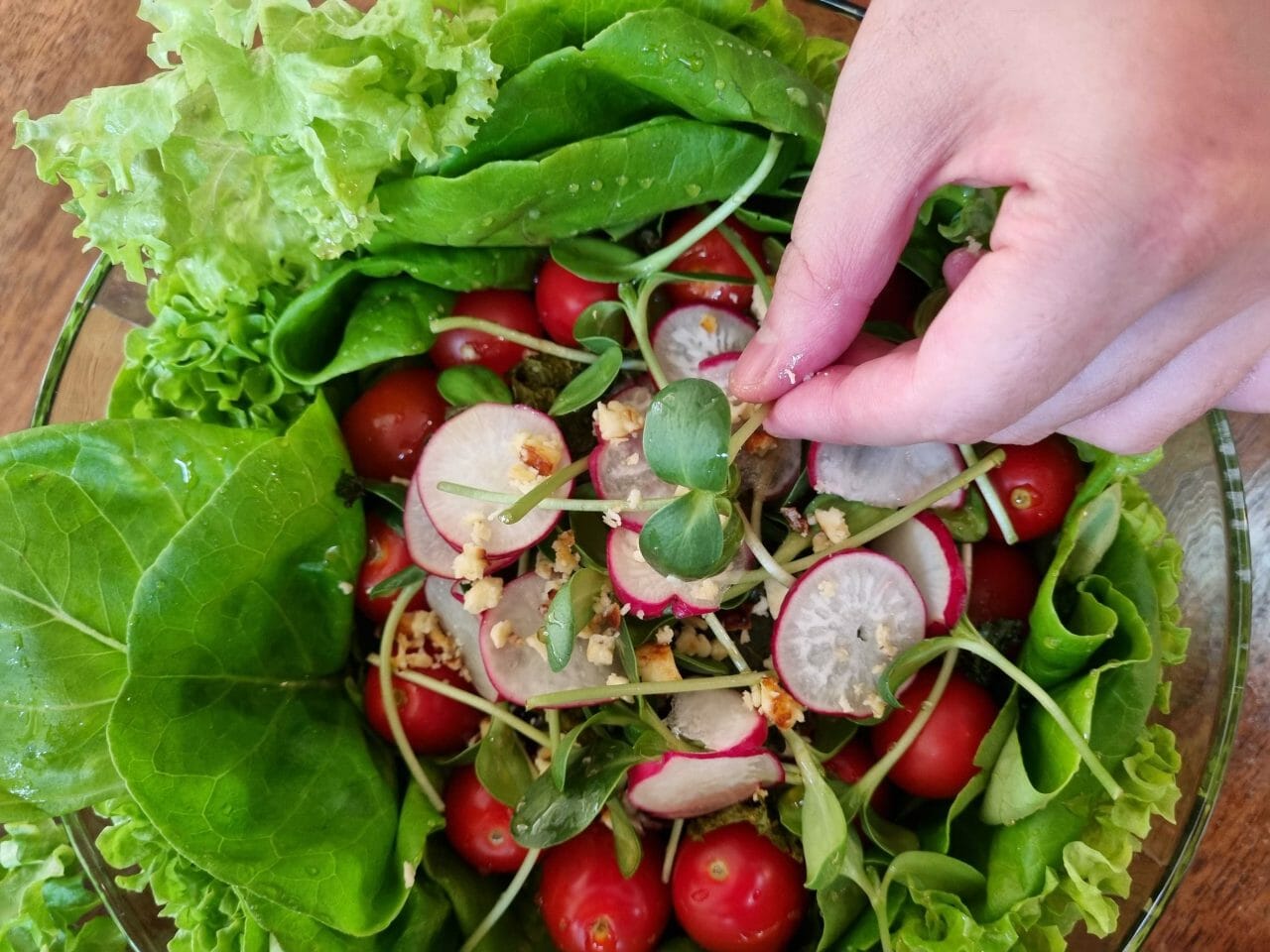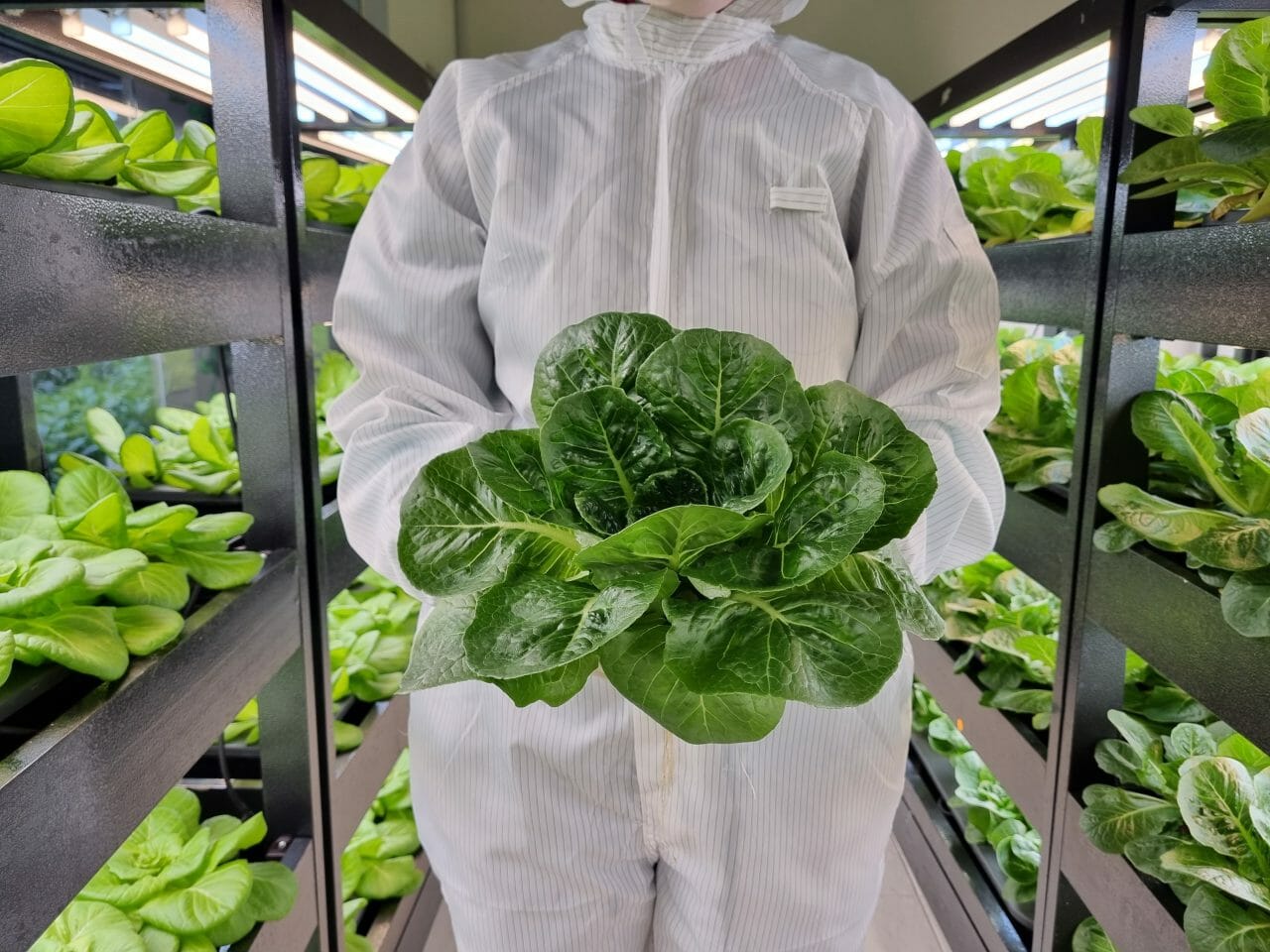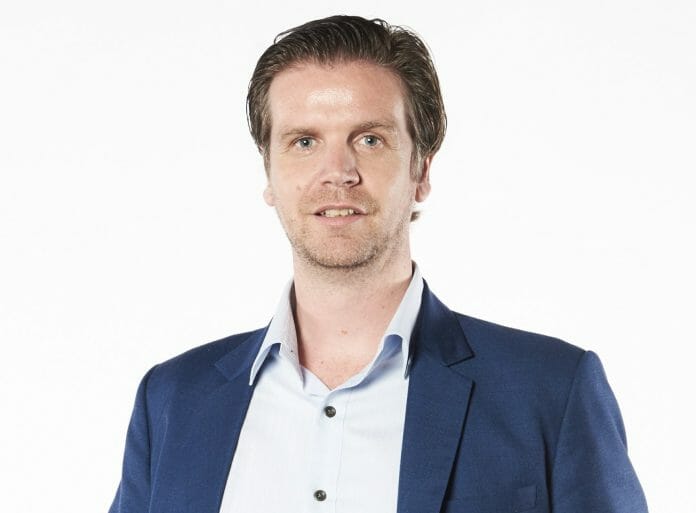BusinessToday spoke to Matt van Leeuwen, Sunway Group Chief Innovation Officer, Sunway iLabs Director and Sunway XFarms Director, on his thoughts on the expansion plans for Sunway XFarms and how initiative by Sunway will be able to help local communities to move forward in becoming a greener society.
- What are the plans for expansion for Sunway XFarms?
- Currently, we have four pilot farms in Sunway City KL and a demonstration farm at Sunway Pyramid mall.
- We are already building an additional farm on the rooftop at Sunway Resort in Sunway City KL and a 37,000 square feet indoor vertical farm in the KL city centre at Sunway Tower. We’re super excited about this latter project, because it will be the largest indoor farm in the KLCC area.
- Our vision is to have a smart farm within five-kilometer reach from urban communities in Malaysia, giving any urbanite access to clean, fresh, and nutritious food.
- This is obviously not something that will happen overnight, but in the next five years we aim to build one million square feet of decentralised, smart farms across four urban food hubs in Malaysia. This includes Klang Valley, Iskandar, Ipoh, and Penang, which are all areas where Sunway has a strong presence. And in five years we expect these four hubs will yield three million kg produce on a yearly basis.
- Who are the potential collaborators?
- We are looking for collaborations in two areas. Firstly, we are seeking collaborators across the food value chain, such as upstream contract farmers who adopt the same principles in producing pesticide-free food, as well as downstream retailers looking to delight their customers with our fresh, nutritious, and yummy food. We are thankful to the existing contract farmers, F&Bs and consumers who are already part of our ecosystem, but especially during the scale up phase, we are looking to beef up our partnerships.
- Secondly, we look for collaborators for our R&D and innovation projects. We didn’t just want to produce food per se, we know we can do that, but we set out to be a pioneer in precision farming in a controlled environment using sustainable practices. We’re dedicating a portion of our budget to internal R&D, but we also like to work with the best researchers and startups out there as part of our open innovation projects and co-create new solutions.
- It is really remarkable what our team has already built in such a short time. One of the key agritech innovations we are bringing to market is a platform consisting of smart IoT sensors, cameras, and data infrastructure to enable our plants to grow in the most optimum climate at any point in time. The platform also automates certain processes, which will allow for a more efficient and streamlined operation, which in turn helps to further optimise our bottom line and accelerate our growth. We had to build this technology ourselves, because we couldn’t find an existing platform in more advanced agritech ecosystems, such as in the US and Europe, that was appropriately customised to a local context in Malaysia. For example, most systems are not built for purpose to work in a tropical climate.
- I’m really proud that we have built an A-team that is really pioneering smart farms in Malaysia and the wider ASEAN region. Our current team doesn’t just consist of agronomists like you see in any other farm, but we have already brought on board a talented group of young software engineers, IT people, and designers. In fact, we are completely transforming what a farmer’s job description looks like. And the team is growing rapidly in line with our business’s rapid expansion.
- Finally, and I can’t say too much about this yet, but we are going to start a collaboration with some established names in the Netherlands to produce soft fruits, like strawberries, in an indoor environment using the latest technologies. I’m particularly excited about the prospect to taste the beautiful, red, sweet, and juicy strawberries that I so well remember growing up in the Netherlands and bring this experience to Malaysia.

- How does sustainable vertical farming contribute to food safety and security in Malaysia?
- The United Nations projected that 68% of the world population is expected to live in urban areas by 2050. The figure is even higher when we look at Malaysia’s urban population, which is projected to grow to 88% by 2050.
- With less than 10% of agricultural land allocated for agrofood production and an increasing food import bill of close to RM 60 billion annually, we simply cannot afford to delay efforts to increase the food security of our country.
- And we cannot rely solely on traditional farming to solve this burgeoning deficit. That’s why I believe that we need to embrace new technology in agriculture and bring food production closer to where people live through what we call decentralized and hyper local, smart farms.
- If we are able to build a truly collaborative ecosystem then I think that our local agrofood sector has the potential to significantly increase its contribution to Malaysia’s GDP.
- However, we are well aware that there is still a persistent food deficit due to continuous reliance on several imported products such as animal feed, cereals, vegetables, and fruits. Also, we don’t know how this imported food has been grown – and this poses a huge safety issue and public health concern.
- We think that urban precision farms can help to close the gap as these farms can grow more with less resources, producing clean, fresh and healthy vegetables in large volumes, while utilising existing buildings or land in urban areas. For example, in our vertical farms we can generate a 10X higher yield than traditional farms, we use 90% less water, and cut carbon emissions and food wastage significantly by bringing the farms closer to where people live.
- This is exactly what has played out in my home country, the Netherlands, that has become the second largest exporter of agricultural products over the last two decades, by continuously investing in R&D to make smarter and more sustainable farms. And this is in one of the smallest countries in the world, so everything is possible.
- I am hopeful that if we really want to do this as a nation, we can become self-sustainable in Malaysia when it comes to food. And this is not just the government’s job. But for this to happen, we need everyone from government, to the farmers, to distributors, to retailers and also educators to work hand in hand.

- How urban farms can reduce the carbon footprint from the transportation of produce?
- We deeply care about building an environmentally sustainable business. We are inspired by our Chairman and Founder of Sunway, Tan Sri Dr Jeffrey Cheah, who likes to say that we can do well and do good at the same time. This is something we are fully committed to in Sunway XFarms.
- One of the benefits of urban farming is that it can reduce the carbon footprint by cutting the distance that food needs to travel from farm to fork and eliminate the use of chemical pesticides. This also means that the produce will be fresher and contains a higher nutritional value as our turnaround time is only three hours from harvesting the produce to getting it to our customers. And because our technology enables us to better match market demand and supply from our farm, we are significantly reducing food wastage.
- We can achieve all this by setting up decentralised, precision farms close to where people live in the cities. In addition to reducing carbon emissions and food wastage, this will also help build a stronger connection between people and the farmers and help educate how we can grow food in a completely pesticide-free manner, which will have a positive impact on people’s health.
- It reminds me of when I was a young boy in the Netherlands, when my mum always took us to the local farms to buy our vegetables and fruits, rather than in the supermarket. This relationship created a trust factor and transparency that the food we ate was produced in a responsible manner.
- And this is exactly the kind of relationship we want to build with our customers. We have a subscription service, called “Growner” programme, for anyone who wants to be part of our community and receive weekly bags of pesticide-free and fresh produce. The “Growner” vegetable bags include a variety of leafy greens and herbs that are freshly harvested from our farm. In fact, within 3 hours from harvesting the produce, it will be in the hands of our customers. Most Growners in our community will collect their vegetable bags from our farm, where they can also enjoy a farm to fork experience in our restaurant, Spargoeats, that uses the fresh supply from our farm. We further build the relationship with our community by offering “grow-your-own-food” workshops, farmers markets, and even talent development programmes.
- Tell us more about the indoor vertical farm.
- Currently we have four pilot farms, including an indoor vertical farm, in Sunway City KL and a demonstration farm at Sunway Pyramid mall. These pilot farms were important for our R&D and to validate our business model. And I’m really pleased that we are now ready to scale this up to the KL city centre and other areas in Malaysia where Sunway has a strong presence.
- The precision farm in Sunway Tower will be the largest indoor vertical farm in the KL city centre, occupying 37,000 square-feet.
- The farm is expected to produce at least 13,000 kg of fresh, healthy and pesticide-free vegetables per month.
- The produce from Sunway XFarms is grown faster and healthier with significantly less wastage leveraging precision farming technologies. By using 90% less water compared traditional farming, XFarms is able to yield ten times more produce with less than 5% on-farm wastage.
- To ensure consistently high quality, produce is grown in a safe and controlled environment powered by a range of smart IoT sensors and cameras, which provide live analysis and information to the farm managers.
- It will allow the urban population of Kuala Lumpur to enjoy fresh produce with maximum nutritional benefits, grown in the heart of the city and delivered to restaurants and consumers within three hours of harvest.

- What has the reception been like so far for the Agrifood Apprentice Programme?
- While we were growing our business, we realised we needed talent that is not readily available here. Since we have the benefit of being linked to Sunway University, with its strong education infrastructure and world class domain experts, we crafted an apprentice programme to train agri-talents. Not just to learn how to grow vegetables in our urban farms, but to get experience in the entire operational process around it, from the technologies we adopt all the way to how we serve our customers. Some of the graduates have been given employment opportunities in our Sunway XFarms and others started their own urban farm business.
- We have completed six agrifood apprentice batches where we trained close to 100 people from diverse backgrounds, such as university students, fresh graduates, and even people in the workforce looking for a career change. We recently started our 7th batch and are looking to further scale this successful programme up with Sunway University as our partner.
- Other than the apprentice programme we also run regular workshops for the public and for corporates that are looking for fun and interesting employee engagement programmes and learn to grow their own food.
- You may ask why we are spending so much time educating the future generation, while we have a fast-growing business to manage. Well, we strongly believe that this industry can only be changed if we inspire enough people to join us or people who want to start their own agri-business. So we are always looking for ways how we can inspire and train more people to drive this movement and to address food security in Malaysia and ASEAN.









